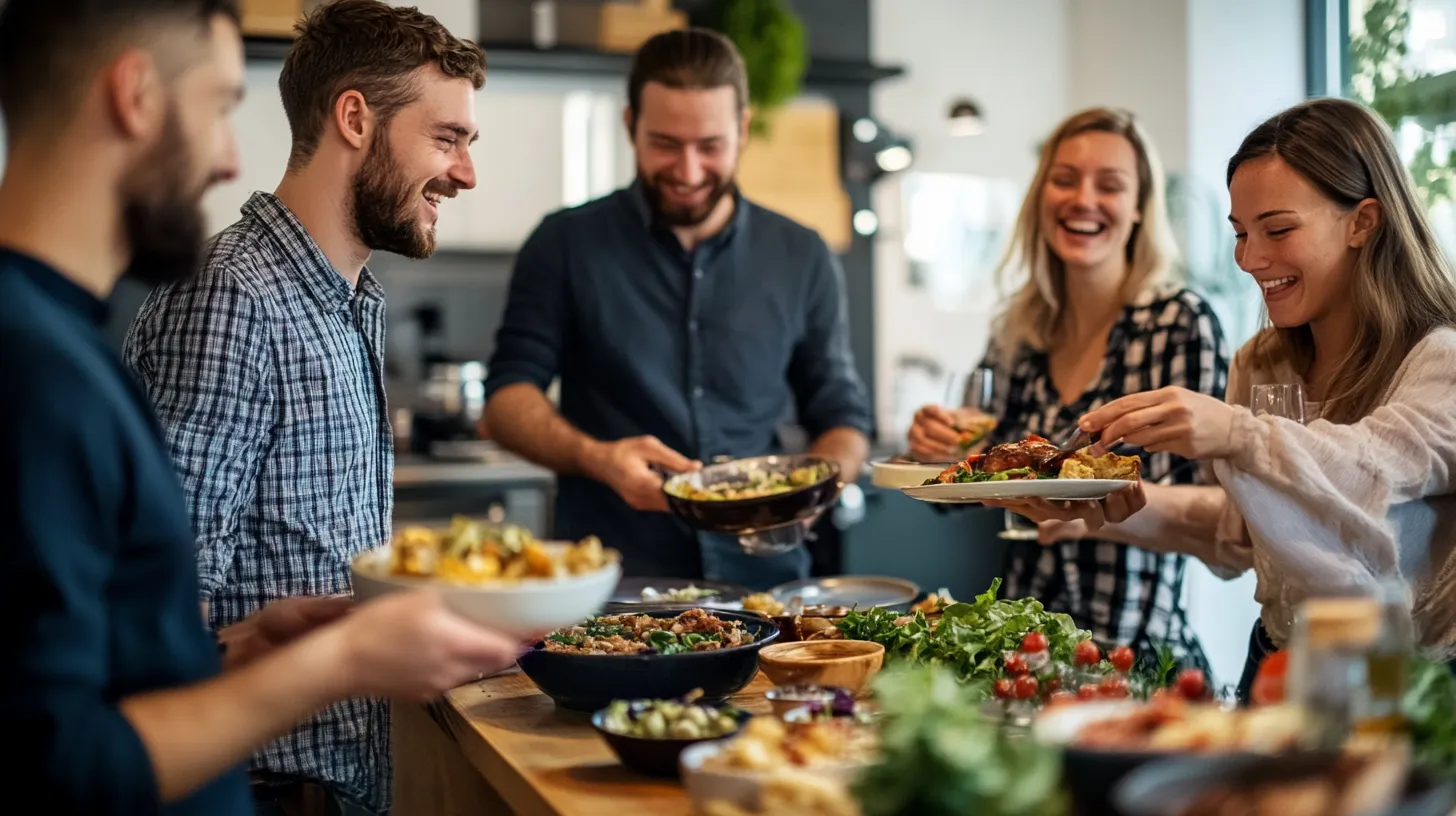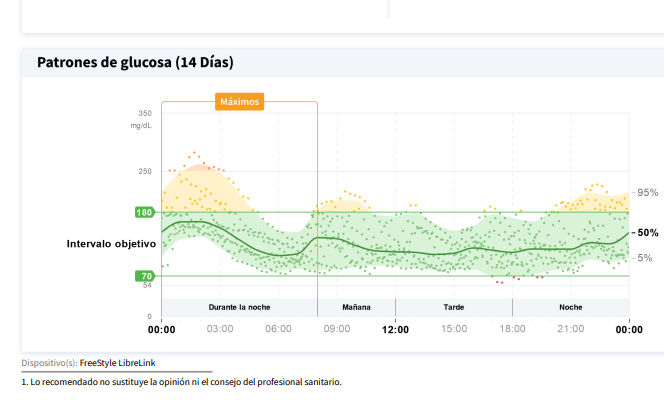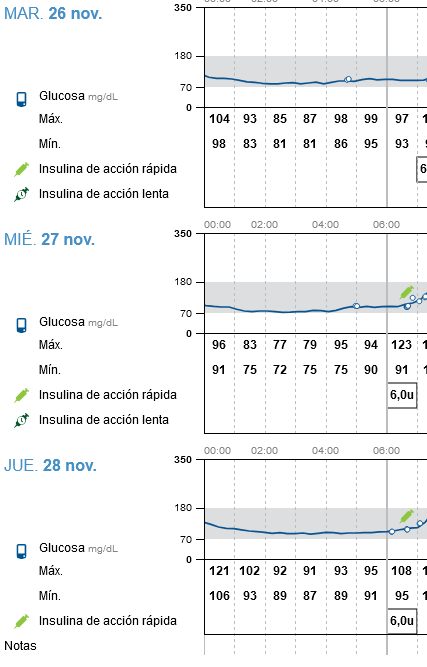Dr. Diana Díaz Rizzolo, a researcher at the Oberta de Catalunya (UOC) and Columbia University, has led a study that demonstrates that eating late hours can make glucose remain longer in our blood, thus accelerating aging.
The study, published in the Magazine Nutrition & AMP;Diabetes, reveals that ingesting more than 45% of daily calories after five in the afternoon is associated with high glucose levels.This not only affects our general health, but also accelerates aging.Eating late can make our body handle glucose well, which generates oxidative stress and chronic inflammation, damaging our cells and tissues.
To improve our health and age better, Dr. Díaz Rizzolo recommends aligning our lifestyle with the hours of the day.This includes breakfast shortly after getting up, early lunch and light dinner before sunset.In addition, maintaining a balanced diet and exercising regularly are key to preserving our muscle mass and improving our quality of life.
Rizzolo explains that high glucose levels generate oxidative stress and chronic inflammation, key factors that damage our cells and tissues, accelerating aging.In addition, excess glucose can cause glycation, a process in which glucose molecules adhere to other molecules, damaging and affecting areas such as memory and increasing the risk of dementia.
For those who seek to improve their health and age better, it is important to consider not only what and how much we eat, but also when we do it.Breakfast shortly after getting up can help us better control hunger during the day and make healthier food decisions.Early lunch and light dinner before sunset can also be beneficial for our health.
In addition, the doctor suggests that autophagy, a process of cleaning and cell renewal, is activated with fasting and caloric restriction.This process protects us against diseases and helps us live more years with better quality of life.Slightly reducing the calories we consume can help our cells stay young and healthy for longer.
In short, small changes in our daily habits can have a great impact on our long -term health.Align our lifestyle with the hours of the day, maintain a balanced diet and exercise regularly are key to improving our health and aging better.
Let's take care and keep learning together!
A hug,






